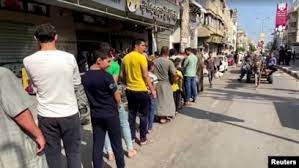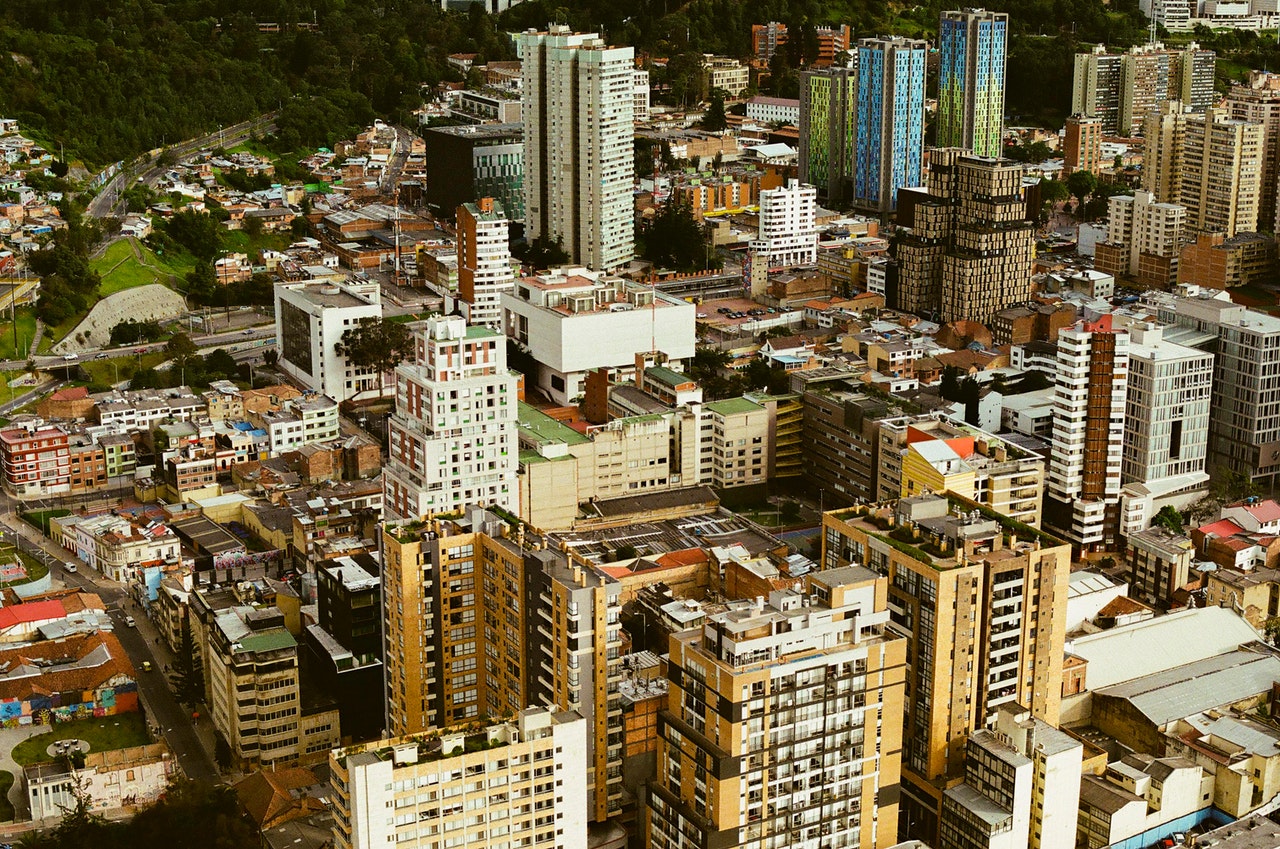Hundreds of thousands fled here from the north on whatever could carry them – cars if there was fuel, horse and cart if one could be found, their own feet if there was no other option. And what they found was a city on its knees, ill-prepared for its population to literally double overnight.
Every room, every alley, every street is packed with men, women and the young. And there is nowhere else to go. Hamas say 400,000 of the 1.1 million people who call northern Gaza home headed south down the Salah al-Din Road in the last 48 hours, following Israel’s order to leave.

I was among them, along with my wife and three children, and two days’ worth of food. For many, the threat of Israel’s bombs and impending invasion – which comes after gunmen from Gaza killed 1,300 in Israel – cancels out Hamas’s order to stay put.
But in this narrow strip of land, blockaded on all sides and cut off from the rest of the world, options for where one ends up are limited. Safety is never guaranteed. And so a teeming mass of Gazans, many already bombed out of their homes, all lost, all afraid, all knowing nothing of what comes next, converged here.
This city, normally home to 400,000 people, has ballooned to more than a million overnight. As well as the north, they have come from the east, which suffered terribly in the 2014 war. Scarce resources are running out, fast. This is a city that was already exhausted. And the tide was too strong, and things are starting to fall apart.
The main hospital here, already low on essentials, has not only taken in sick and injured from the north – it has now become a refuge. Refugees line the corridors as doctors work on new arrivals injured by Israeli bombs. The din of competing voices fills the air.
You cannot blame people for coming here. Hospitals are among the safest places to be in a time of war, protected by international law. By some measures these people are perhaps the lucky ones, at least for now.
Doctors say they have almost nothing to give the stream of new casualties – water is rationed to 300ml a day for patients. Refugees get nothing. Elsewhere, residents take in new arrivals. Many in Khan Younis lived in cramped conditions to begin with. Now they are cheek by jowl.
I have seen small apartments, which already housed more than they could comfortably hold, becoming “homes” for 50 or 60 people – no one can live like this for long.
My family now shares a home with four others in a flat with two small bedrooms. There are meters of personal space for us. I consider us among the lucky ones.”






